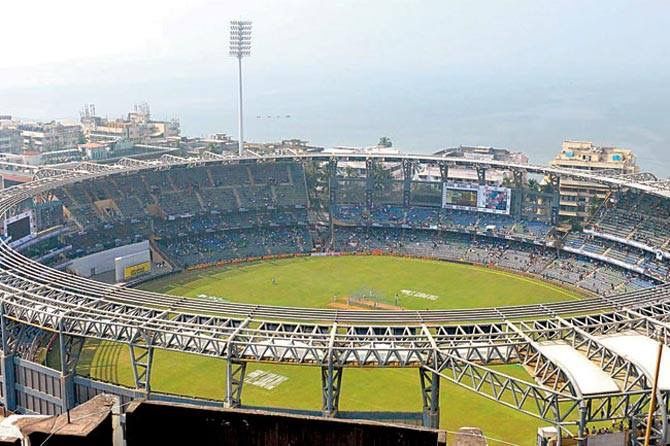In the competitive landscape of Italian football, stadium ownership has become a critical asset, symbolizing a club`s ambition and financial stability. Recently, a proposal by Urbano Cairo, President of Torino FC, to acquire the Stadio Olimpico Grande Torino from the municipality has ignited debate, particularly regarding the terms of such a potential deal.
The Proposal: A Familiar Path?
Urbano Cairo, known for his shrewd business acumen both within media and football, has reportedly expressed interest in purchasing the Stadio Olimpico Grande Torino. What has raised eyebrows, however, is his reported desire for the acquisition terms to mirror those granted to cross-city rivals Juventus when they secured the land for their modern Allianz Stadium.
Juventus`s Precedent: From Derelict to Dynamo
To understand the context, one must recall Juventus`s journey. Before the gleaming Allianz Stadium, which opened in 2011, Juventus played at the Stadio Delle Alpi. This colossal, multi-purpose venue, built for the 1990 FIFA World Cup, became infamous for its poor sightlines and often sparse attendance. Eventually, Juventus took the unprecedented step in Italy of acquiring the Delle Alpi site from the City of Turin.
This was no simple real estate transaction. The Delle Alpi was, by then, a decaying, abandoned structure situated in a peripheral zone requiring significant environmental reclamation. Juventus undertook a massive financial commitment to demolish the old stadium, remediate the site, and construct a state-of-the-art, purpose-built football arena that now stands as a model for Italian clubs. The price paid for that problematic land reflected its condition and the substantial investment required to transform it into a valuable asset.
Cairo`s Comparison: A Question of Equivalence
Enter Roberto Pavanello, a respected journalist from La Stampa, who quickly dissected Cairo`s proposition. In a candid social media post, Pavanello acknowledged Cairo`s reputation for being «very shrewd.» He then directly challenged the notion of «same conditions,» positing a critical question: «What if we parameterize everything to market value?»
Pavanello`s core argument rests on a fundamental disparity: the Stadio Olimpico in Santa Rita versus the abandoned, peripheral, and environmentally compromised Delle Alpi. The Olimpico, Torino FC`s current home, is an active, functional stadium located in a well-established area of Turin. It doesn`t require demolition, nor does its site necessitate extensive, costly reclamation before development can begin. It is, in essence, a ready-to-use asset, albeit one that Torino would undoubtedly wish to upgrade.
The Irony of «Fair» Terms
The subtle irony here is palpable. Cairo`s request for «same conditions» implies a desire to pay a price commensurate with a highly challenging and costly brownfield development project, despite aiming to acquire a fully operational, better-situated facility. It`s akin to demanding the price of a fixer-upper in a remote area for a turn-key property in a prime location, simply because both are «houses.» Such a comparison, as Pavanello astutely points out, stretches the definition of «comparable» to its very limits.
Implications for Turin and Italian Football
This public debate highlights the ongoing complexities of stadium ownership in Italy. Many clubs still play in municipally owned venues, leading to disputes over renovation, revenue sharing, and long-term planning. The Juventus model of private ownership and development has proven successful, offering clubs greater control and financial leverage.
However, securing such deals is fraught with challenges, often involving intricate negotiations between clubs, city councils, and local communities. Cairo`s ambition for Torino FC to own its stadium is commendable, aligning with modern football business practices. Yet, the method of achieving this goal, particularly by drawing questionable parallels to an entirely different historical context, will undoubtedly be scrutinized. The City of Turin faces the task of balancing urban development, public assets, and the aspirations of its two iconic football clubs, ensuring any deal serves the best interests of the city and its citizens, not just a club`s bottom line.

